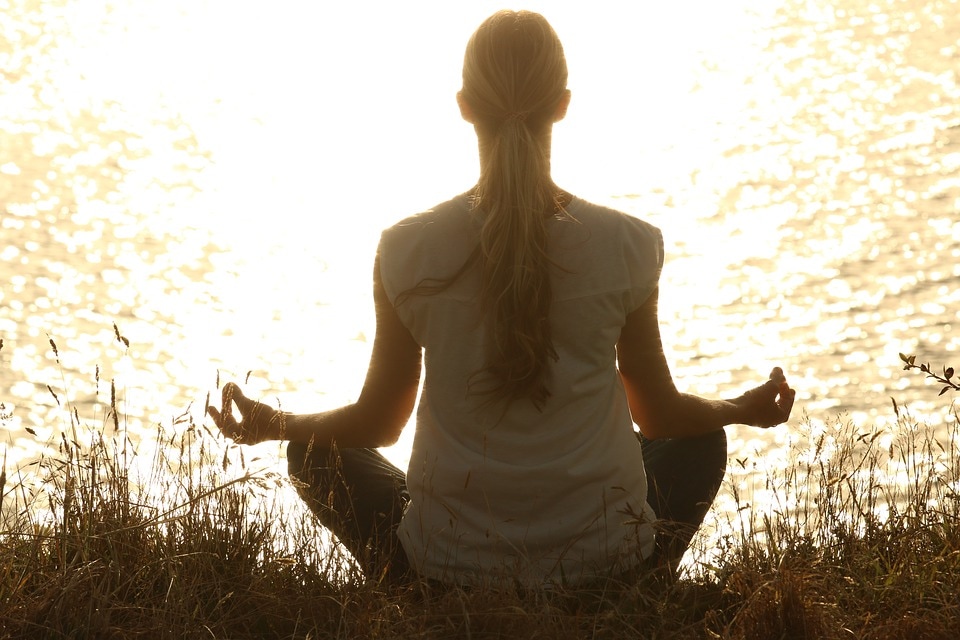|
PAUL GODDARD Vol 11, Issue 11 In my understanding of it, anxiety is when there is considerable dissonance between yourself and your surrounding environment. It affects a considerable number of people in Australia, around one in five men and one in three women. Environmental pressures such as work, friends and family all build and you feel like you have no space to yourself. My personal experience with anxiety seems more muted and subtle than others. My heartstrings would be plucked every time I thought I had forgotten something, especially something crucial, such as leaving my locker key back home when I was at secondary school. I would have to go to my Head of House to borrow the master key. Then there was stress in being entrusted with considerable responsibility over the course of that day to ensure that key did not get lost. At the end of that day, I would return the key and my anxieties surrounding the key would vanish, but anxiety of study would remain.
Anxiety can strike at even worse moments, such as during an exam. You see references to something that is not covered in your notes and so your mind has to joggle its entire memory for the semester to figure out how to address it. You either spend time doing this or you forget it and focus on the more basic points. After the exam, you kick yourself for not adequately preparing yourself but there could be multiple factors involved, ranging from other commitments outside university to personal factors affecting study, such as relationship or family issues. These factors may even involve special consideration, if they meet that definition. Some of you will know that I do not really have this problem because I start working on exam notes right now rather than later. Anxiety can strike at very trivial moments. Did I miss something important said in the lecture? Ask the lecturer and write down the important stuff. Should I have had those potato chips today? Forget it and just decide not to have them for a while. What is the meaning of life? There is no objective meaning in life, so a better question is what is your meaning in life? Since you are here, at Melbourne Law School, it must have something to do with law, right? It seems anxiety in general can never really go away, so it is all about finding the “I” in anxiety. How do “I” do this, you say? Ask yourself these questions:
I have gone through secondary school and university primarily by sacrificing my social life. I believed it was necessary to cope with a new environment to seek solace in one’s own self rather than in others. For me, I would say it has worked in managing my anxiety, but the price was reduced initiative and a mind that only focuses on what is necessary. That means my motivation can abruptly cut out if I am unable to rationalize the necessity of what I am doing. It’s not something I recommend to everyone but what I do recommend is giving yourself that extra time to address the issues as soon as possible and to have moments where nothing is bothering you. Sometimes, friendships and relationships just add to that stress rather than detract from it. Ultimately, that would depend on your personality. A good way to know that you are not stressed or anxious is when you are bored. When you are bored, nothing is bothering you at all and you are longing to do something. That is the best point to consider spending time with friends, not when something is bothering you, unless you think they can help you fix it. I also need to distinguish this from procrastination, where you induce a false sense of security by underestimating your problems and then they all build up when deadlines arise, leading to extreme anxiety. When you have that alone time, use it wisely. When I am anxious, I chat to myself considering different views and figuring out which is better towards addressing the anxiety. Just having this chat to myself is the best way to find my “I” in anxiety. The first question that comes to my mind is whether my problem is an actual problem at all and whether it can be easily and quickly fixed. We tend to overthink certain problems and often with a single mind. You know you have a problem when it will place you in a worse position in the future if not addressed. It’s best to define this “worse position” according to the consequences of failing to address the problem. So if you miss the bus in order to get to class on time, go to bed earlier and get up earlier next time. Find your own alone time whenever you can and make the most of it. Manage your concerns. Don’t overwhelm yourself with commitments. You know you are doing fine when you get bored every now and then because you get things done! That’s when you find the “I” in anxiety and you place your well-being at the centrepiece of your life (which is where the “i” actually is in anxiety). Paul Goddard is a third-year JD student More articles like this The rest of this issue Comments are closed.
|
Archives
October 2022
|



